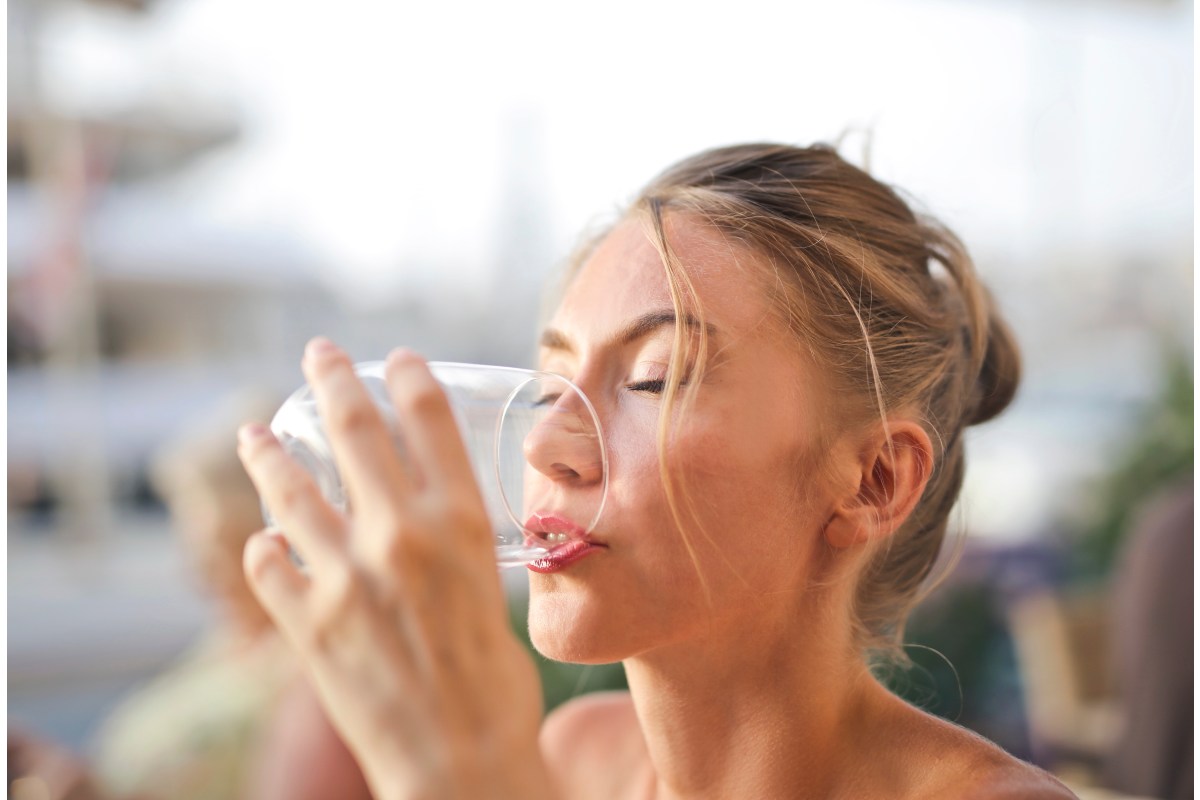
Symptoms of Severe Dehydration in Elderly and What’s the Right Treatment
As you get older, your body holds less water, making dehydration more common in the elderly. The condition is concerning at any age, but it can become life-threatening, even in mild cases when you’re older.
If you’re worried that you might have missed signs of dehydration in elderly relatives who live with you, learn more about the symptoms to identify. With the right diagnosis in time, you can effectively tackle the disease before it becomes worse.
Table of Contents
Causes of Dehydration
Dehydration occurs when there is a significant loss of fluids from your body, and it outweighs the number of fluids you consume within a period. Since your body requires water for normal functions like temperature regulation and kidney function, you need to be hydrated at all times.
When older individuals are exposed to intense heat or are outdoors for most of their time, they can face excessive sweating and an increase in bodily temperature. Apart from this, chronic illnesses like diabetes can also lead to frequent dehydration.
Many medications (diuretics) that older individuals take can cause frequent urination. Vomiting, fever, and diarrhea can also be a factor behind dehydration in older adults.
Symptoms of Dehydration in Elderly
There are common signs of mildly and severely dehydrated patients that include:
- Dry mouth and skin
- Feeling fatigued
- Cramped muscles
- Feeling light-headed, dizzy, or disorientated
- Decrease in urination combined with dark yellow urine
In cases of severe dehydration in the elderly, the symptoms can be harsher and elderly individuals can have additional difficulties too. Rapid breathing and heartbeat are common combined with fainting and reduction in motor skills.
Many older adults also experience an inability to keep food or fluids down once they start experiencing more severe dehydration. In these cases, it is imperative to get them to an urgent care center quickly.
What to Do
The first thing to do upon diagnosing dehydration is to replace the fluids that have been lost in the body. If it is a case of mild dehydration, you can easily do this at home by drinking plenty of fluids.
If vomiting and diarrhea are also present, consider drinking electrolytic drinks to replace lost electrolytes and fluids. If you are facing fainting spells and extreme disorientation, seek immediate medical help.
You can be relieved of your dehydration through IV fluid drips that can only be provided at medical facilities. If you are facing any other long-term symptoms, be sure to consult your doctor about it.
Change in Lifestyle
To prevent frequent cases of dehydration, you have to make changes in your lifestyle to avoid it. The average American drinks 2.5 cups of water a day, much below the recommended amount. As you grow old, you need to drink more fluids every day to compensate for the low water volume in your body.
Drink multiple fluids within a day like tea, sparkling water, milk and, infused water to help keep you hydrated. You can consider adding fruits and vegetables to your diet that have a high water content like watermelon, cucumber, iceberg lettuce, celery, and so on.
If you’re in a hot climate, it’s important to hydrate yourself and replenish the fluids you’re losing continually. Drink oral rehydration solutions if you feel like you’ve lost a lot of fluids throughout the day.
Prevent Dehydration
Many older adults have problems drinking fluids throughout the day because they have trouble walking or reaching for them. Make sure that fluids are kept within reach and are accessible to them at all times.
Failure to treat dehydration in time can lead to severe complications for the long term like urinary and kidney problems, seizures, hypovolemic shock, heat exhaustion, and stroke.
Recognizing the symptoms of dehydration is crucial to prevent and react quickly when such an instance occurs. If you or an elderly around you are unsure of how much liquids they should be consuming throughout the day, consult a medical professional.
Be Healthy and Safe with Constant Hydration
Thirst isn’t always the only symptom that can make you aware of how dehydrated your body is. It’s crucial to take small sips of water or any other fluid throughout the day to make sure your body remains healthy.
It’s hard to maintain your health as you’re growing older, but taking small precautions along the way to prevent getting chronic illnesses or bigger complications is essential.
Your entire mood can change depending on how hydrated you are. Dehydration causes irritation, annoyance, loss of focus, and concentration, along with lethargy in many older people. Remaining hydrated is crucial when you want to stay an active participant in your daily life.


